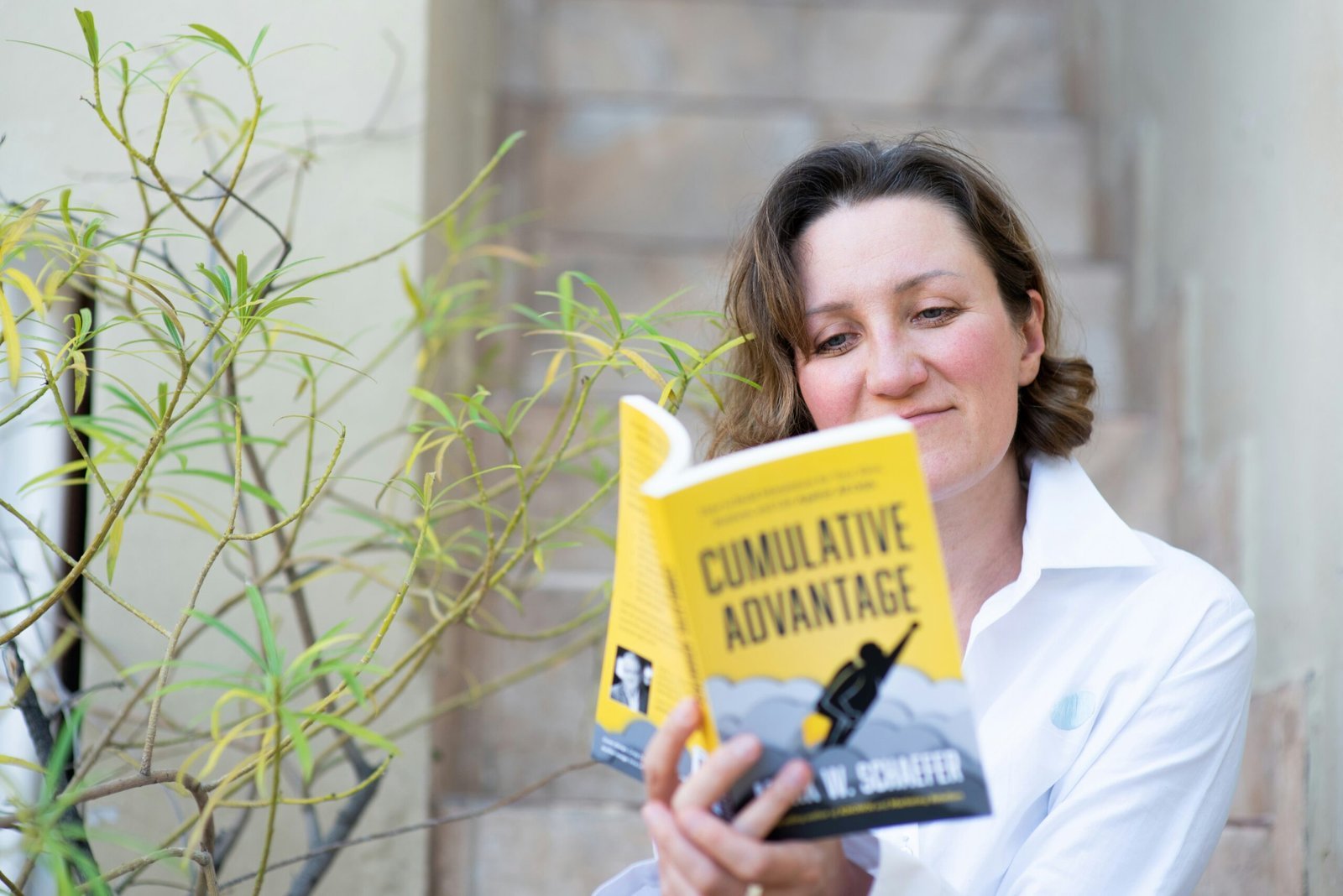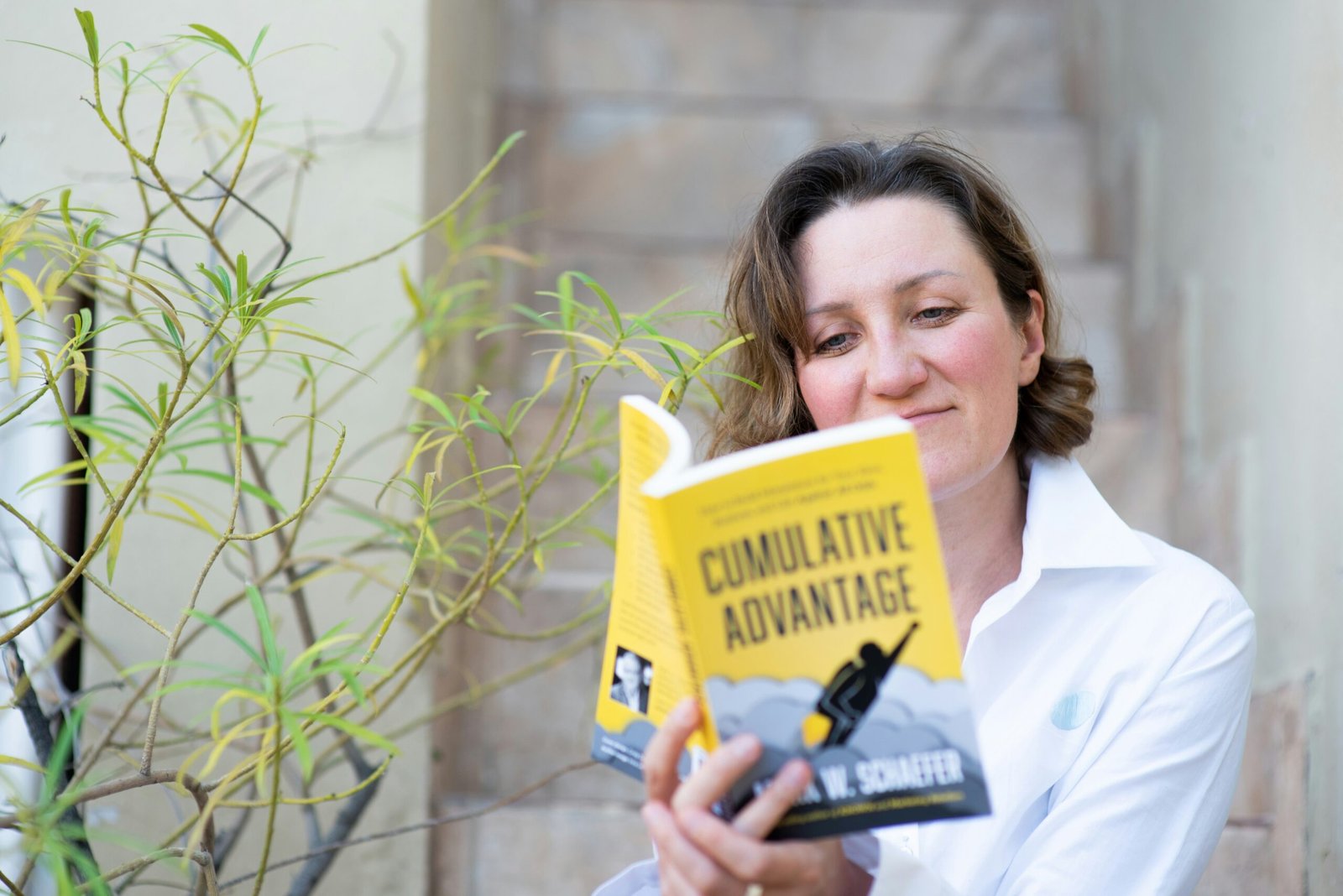
Morning Routine: Start Your Day with Purpose
Establishing a consistent and energizing morning routine is pivotal for personal growth and setting a positive tone for the rest of your day. Engaging in deliberate morning practices can significantly elevate your life, fostering self-improvement and motivation. One fundamental habit to consider is waking up early. Rising with the sun grants you quiet moments to prepare mentally and physically for the day ahead. “Early to bed and early to rise makes a man healthy, wealthy, and wise,” noted Benjamin Franklin, capturing the essence of this empowering habit.
Practicing gratitude is another powerful component of a productive morning routine. Taking time each morning to reflect on the aspects of your life that you are thankful for can shift your mindset towards positivity and contentment. Incorporating this habit can lead to a more fulfilling and optimistic outlook. As Oprah Winfrey eloquently put it, “Be thankful for what you have; you’ll end up having more. If you concentrate on what you don’t have, you will never, ever have enough.”
Physical exercise in the morning is also a key element for personal growth. Engaging in activities such as jogging, yoga, or a workout session can enhance your physical and mental well-being, providing you with the energy and motivation needed to tackle daily challenges. “Those who do not find time for exercise will have to find time for illness,” emphasizes Edward Stanley. His words underline the importance of incorporating movement into your routine for long-term health and vitality.
Lastly, setting daily goals can significantly impact your productivity and sense of purpose. By outlining specific objectives each morning, you set a clear direction for your actions throughout the day. This practice not only fuels self-motivation but also aligns your tasks with your broader life philosophy. “Set your goals high, and don’t stop till you get there,” advises Bo Jackson, encouraging a relentless pursuit of personal and professional aspirations.
Initiating your day with these purposeful habits can foster remarkable personal growth, enhancing every aspect of your life. By integrating these practices, you create a solid foundation for continuous improvement and success.
Mindfulness and Meditation: Cultivate Inner Peace
Mindfulness and meditation are crucial daily habits for personal growth, fostering a sense of inner peace amid the chaos of daily life. Embedding mindfulness into everyday activities encourages a deeper connection with the present moment, enhancing both mental clarity and emotional stability. Techniques to integrate mindfulness are accessible and can be adapted to various facets of your daily routine.
Start with simple practices such as mindful eating and conscious breathing. During meals, appreciate each bite, focusing on the textures and flavors. This approach transforms eating from a mundane task to a deliberate and enriching experience, promoting a heightened state of awareness. Similarly, practicing short sessions of conscious breathing throughout the day can significantly reduce stress. Just a few minutes of focusing on your breath brings attention back to the present moment, calms the mind, and reignites motivation.
Complementing mindfulness, a regular meditation practice offers profound benefits for mental and emotional wellbeing. Begin with short, daily sessions of 5 to 10 minutes, gradually extending the duration as you become more comfortable. Popular techniques include mindfulness meditation, which focuses on awareness and acceptance of the present moment, and loving-kindness meditation, which fosters feelings of compassion and empathy towards oneself and others.
Scientific studies consistently show that meditation enhances self-awareness and decreases anxiety and depressive symptoms. It acts as a mental reset, clearing the clutter from your mind and providing a refuge of calm amidst life’s stresses.
To inspire and encourage the adoption of these transformative habits, consider the wisdom of renowned mindfulness advocate Jon Kabat-Zinn: “You can’t stop the waves, but you can learn to surf.” This quote encapsulates the essence of mindfulness and meditation—they empower us to navigate life’s challenges with poise and equanimity.
Integrating mindfulness and meditation into your daily life not only cultivates inner peace but also aligns with a broader philosophy of self-improvement and personal growth. By committing to these practices, you set the foundation for a life marked by clarity, balance, and a profound sense of well-being.
Continuous Learning: Feed Your Curiosity
Continuous learning stands as a cornerstone for personal improvement and overall life philosophy. This habit fosters a growth mindset, encouraging individuals to remain curious and open to acquiring new knowledge. Integrating various forms of learning into daily routines can significantly enhance one’s personal and intellectual growth. Reading books, for instance, offers an immersive way to deepen understanding on diverse topics, ranging from history and science to self-help and literature.
Beyond traditional books, the modern era provides an array of resources to facilitate continuous learning. Podcasts have surged in popularity, presenting a convenient medium to consume information on the go. Whether commuting, exercising, or doing household chores, one can easily tune into podcasts that explore myriad subjects. Similarly, online courses serve as a valuable tool for those seeking structured learning experiences. Platforms like Coursera, Udemy, and Khan Academy offer courses on nearly every imaginable discipline, thus fostering an environment ripe for self-improvement.
Embracing a growth mindset remains crucial in the journey of continuous learning. This mindset, as popularized by psychologist Carol Dweck, hinges on the belief that abilities and intelligence can be developed through dedication and hard work. It encourages resilience in the face of challenges and a perpetual curiosity about the world. Albert Einstein once stated, “Intellectual growth should commence at birth and cease only at death,” emphasizing the lifelong commitment to learning. Similarly, Socrates asserted, “Education is the kindling of a flame, not the filling of a vessel,” highlighting the enduring nature of true learning.
Quotes from notable thinkers and scholars underscore the significance of maintaining a lifelong learning habit. By fostering an environment that encourages curiosity and growth, individuals can substantially elevate their personal and professional lives. In the words of Malcolm X, “Education is the passport to the future, for tomorrow belongs to those who prepare for it today.” Thus, by consistently feeding your curiosity, you embrace a philosophy of life centered around personal growth and continuous self-improvement.
Health and Well-being: Nourish Your Body and Mind
Maintaining good health and well-being is foundational to personal growth and development. Central to this are habits like regular physical activity, balanced nutrition, and adequate sleep, which collectively contribute to both the body and the mind’s resilience. Physical activity, whether through aerobic exercises, strength training, or flexibility routines like yoga, is vital for keeping the cardiovascular system robust, reducing stress, and enhancing mental clarity. The benefits of regular exercise extend beyond physical health, fostering a positive mindset and increased energy levels.
A balanced diet is equally crucial in nurturing one’s health. Consuming a variety of nutrient-rich foods ensures that the body receives essential vitamins and minerals required for optimal function. Incorporating a variety of fruits, vegetables, whole grains, and lean proteins into your daily meals supports metabolic activities and enhances immunity. Hydration also plays a key role, as sufficient water intake is necessary for maintaining cellular functions and overall energy levels.
Sleep is another pillar of health and well-being. Consistent, quality sleep is needed for the body to repair itself, consolidate memories, and regulate hormones. Aiming for 7-9 hours of sleep per night can significantly improve mood, cognitive performance, and physical health. Creating a relaxing bedtime routine can promote better sleep hygiene, ensuring a restful night’s sleep.
Stress management is critical for maintaining mental well-being. Techniques such as yoga and journaling offer effective ways to decompress and process emotions. Yoga combines physical postures with breathing exercises and meditation, promoting relaxation and mental calmness. Similarly, journaling allows individuals to articulate their thoughts and feelings, providing clarity and reducing mental clutter.
To underscore the importance of these healthy habits, consider words from wellness advocate Deepak Chopra: “The way you think, the way you behave, the way you eat, can influence your life by 30 to 50 years.” Embracing these practices nurtures both body and mind, creating a solid foundation for continuous personal growth. A commitment to health and well-being not only enhances the quality of life but also empowers us to achieve our fullest potential.
